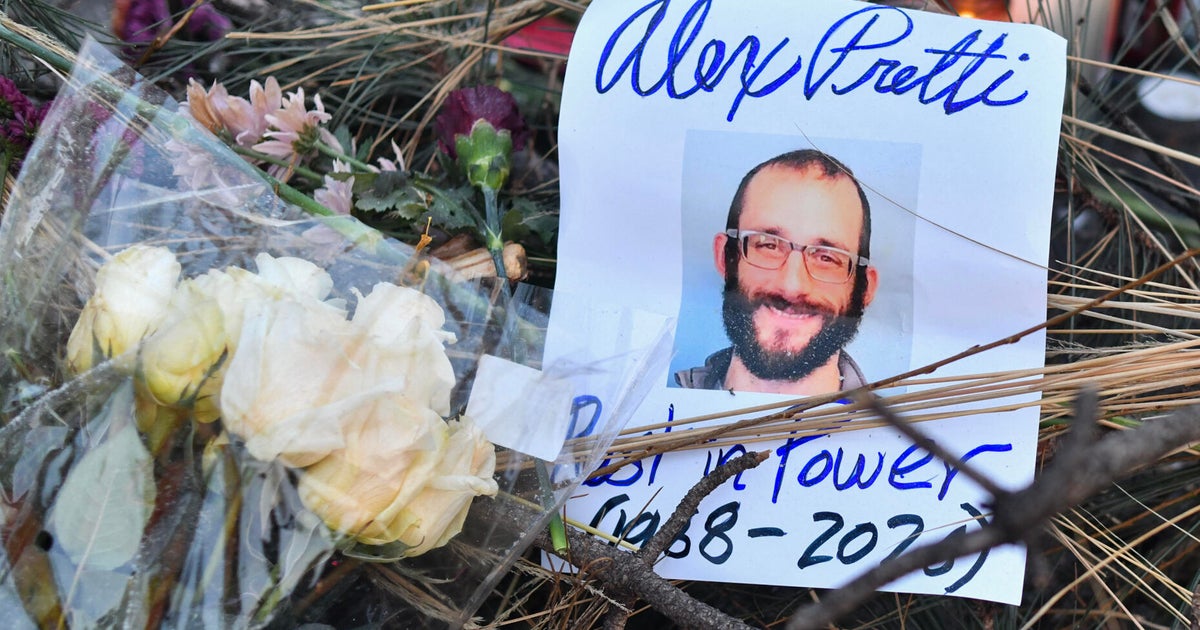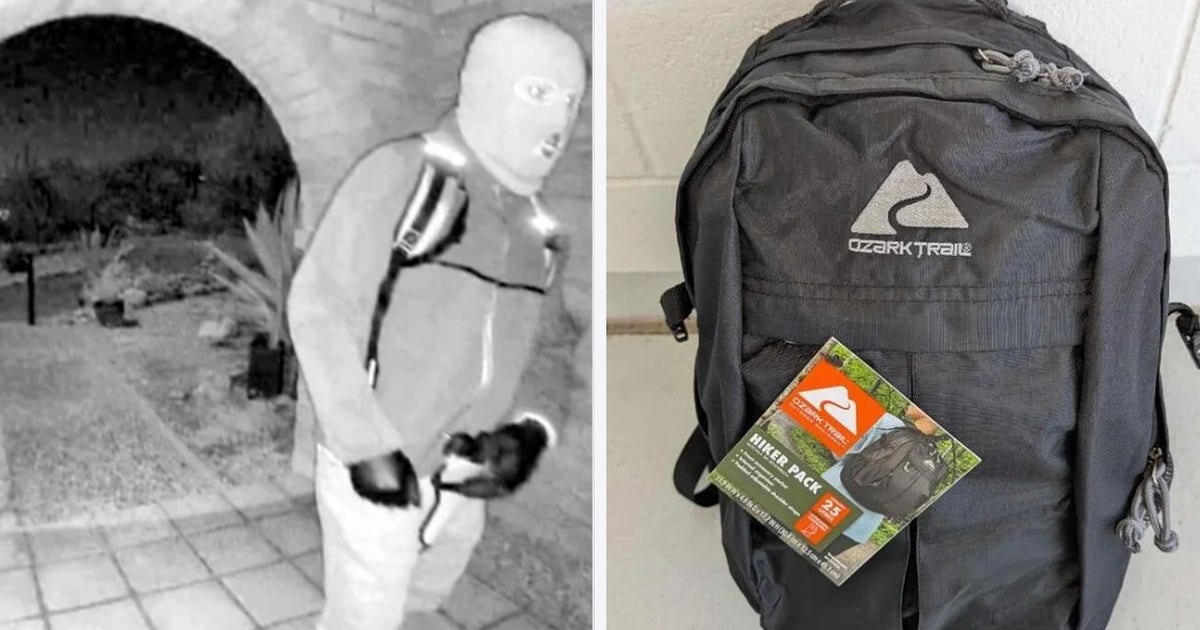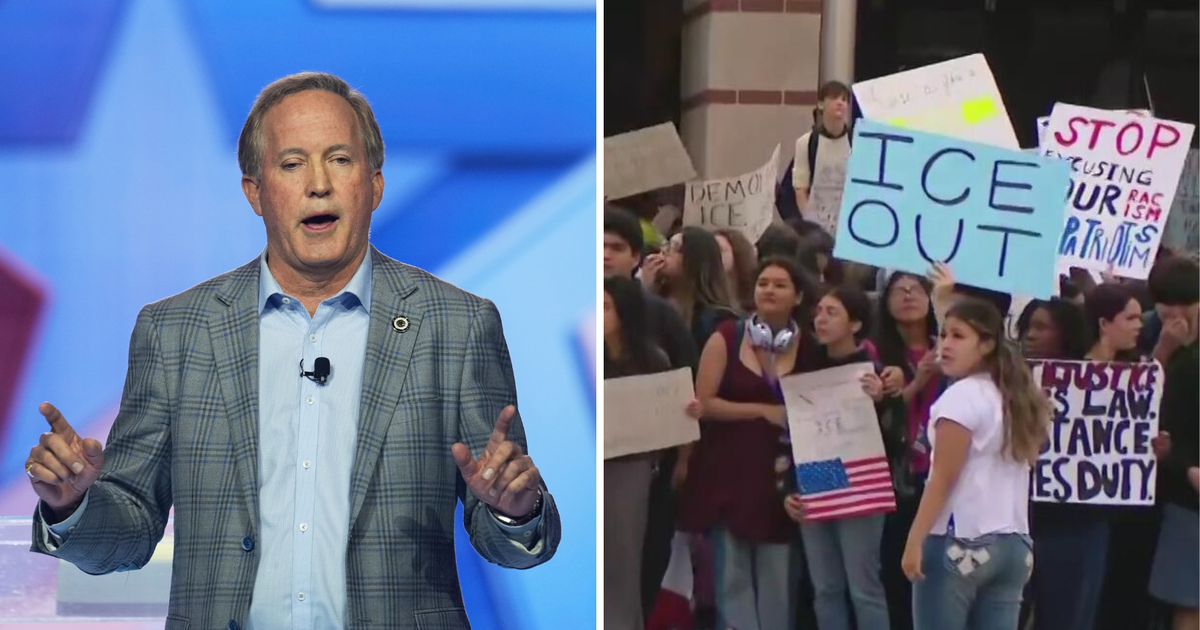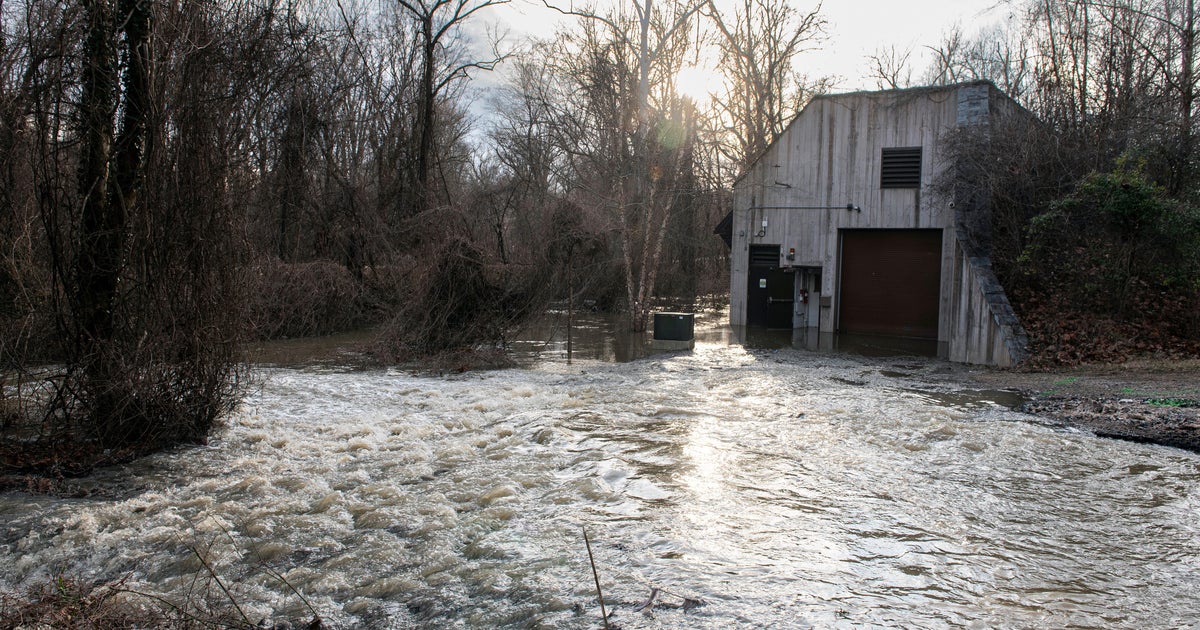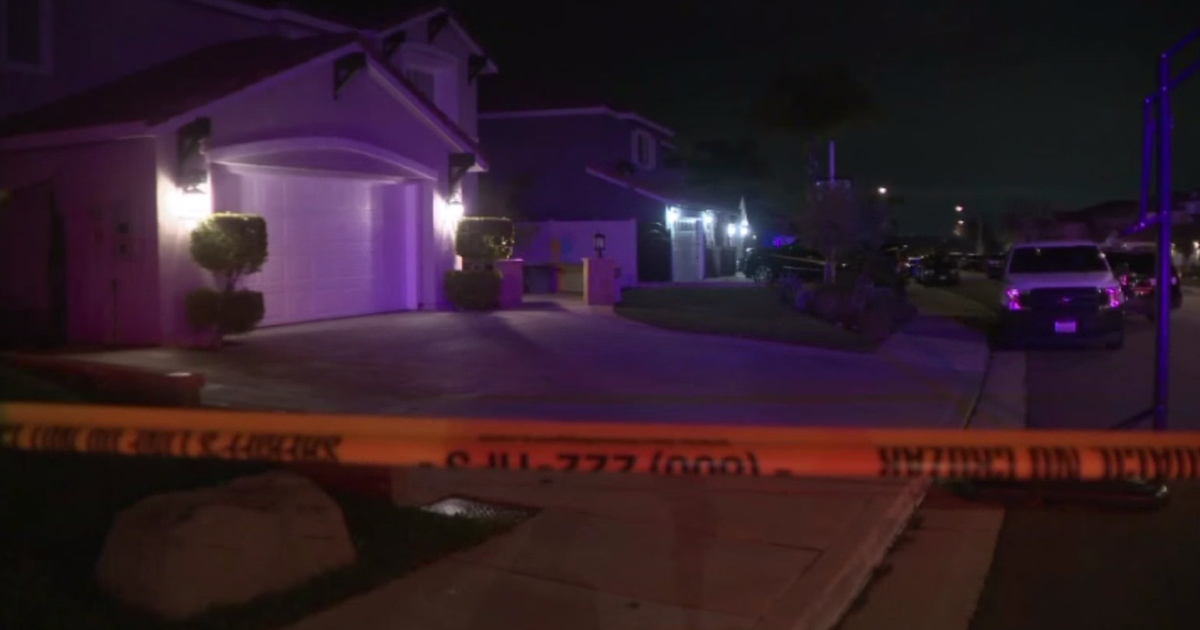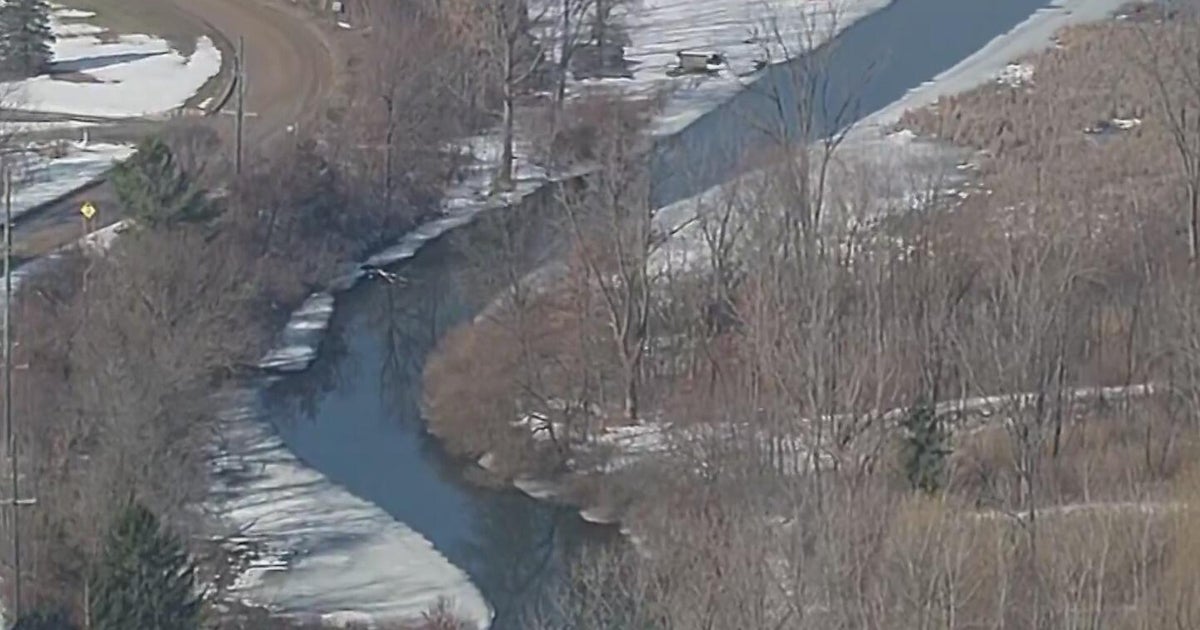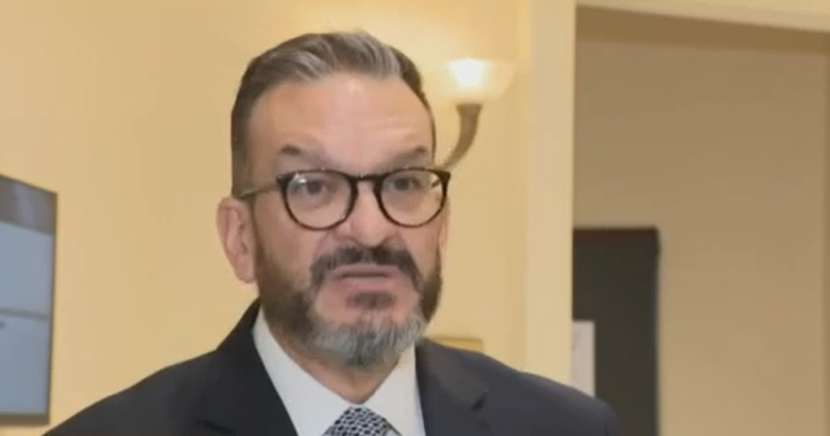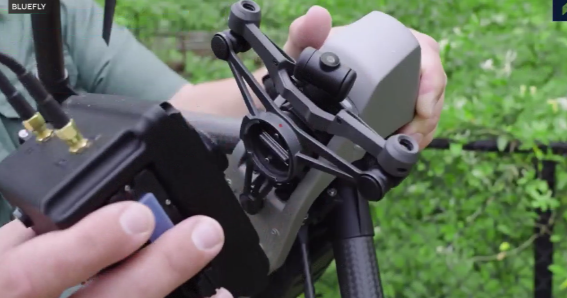Scientific Review Of Anthrax Probe Extended
HAGERSTOWN, Md. (AP) -- The National Academy of Sciences said Friday it is extending for two more months its review of the FBI's investigation into the deadly 2001 anthrax mailings to consider new information from the FBI.
An expert panel had planned to release its report this month, but the Washington-based academy now says the committee will hold one last meeting, probably in January, to hear an FBI presentation on the new material. The academy now expects to release its report in February.
The FBI requested the review in 2008 in hopes the academy would validate investigators' findings that Army biodefense researcher Bruce Ivins made the anthrax and mailed the letters that killed five people and sickened 17 others in the fall of 2001.
Ivins, who worked at Fort Detrick in Frederick, died of an apparently intentional Tylenol overdose in 2008 as prosecutors prepared to indict him for the attacks. He had denied involvement, and his lawyer and some colleagues insist he was an innocent man hounded to self-destruction.
The congressionally chartered academy is reviewing only the science the FBI used in reaching its conclusions and will not offer an opinion regarding Ivins' guilt or innocence.
Academy executive officer E. William Colglazier said in a written statement Friday that the committee sent the FBI a draft report Oct. 27 so the agency could review it for security concerns.
He said the FBI responded Dec. 3 with some new documents and a summary of additional materials, along with a request to make a presentation by forensic experts, investigators and federal prosecutors who worked on the investigation.
FBI spokesman Michael P. Kortan said in a statement Friday that the agency is still working with the academy as the review moves forward.
U.S. Rep. Rush Holt, a New Jersey Democrat whose district includes the Princeton mailbox used in the attacks, said he has asked FBI Director Robert S. Mueller to explain the agency's decision to turn over what Holt said were 500 pages of previously undisclosed investigative material.
Holt is skeptical of the FBI's findings. The seven-year investigation included the FBI's erroneous targeting of another former Fort Detrick scientist, Steven Hatfill, who reached a $5.8 million settlement with the government after then-Attorney General John Ashcroft publicly declared him a person of interest in the case.
"Despite the FBI's original charge to the NAS to examine only the scientific data and conclusions in the case, it now appears that the FBI -- which has consistently botched and bungled this case from the beginning -- may be seeking to try to steer or otherwise pressure the NAS panel to reach a conclusion desired by the Bureau," Holt wrote in a letter Thursday to Mueller.
(Copyright 2010 by The Associated Press. All Rights Reserved.)
